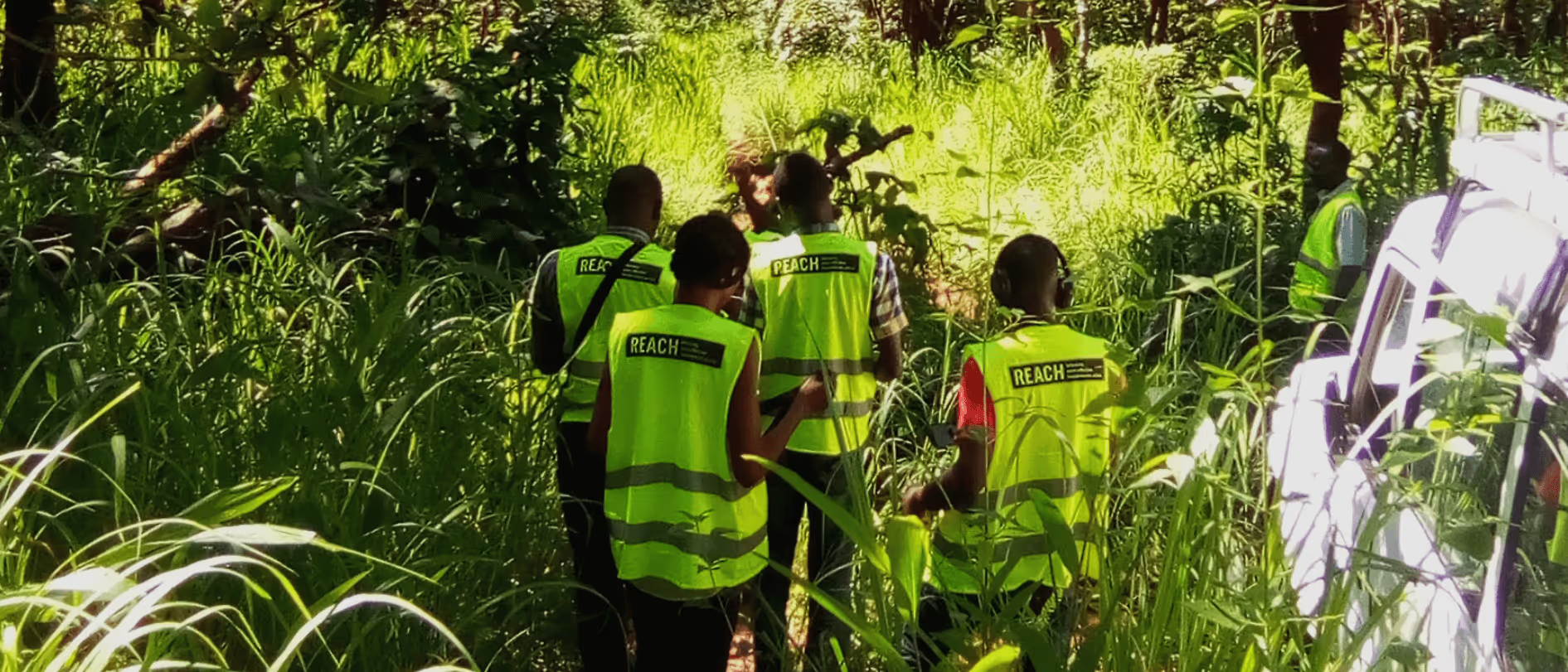Research Snapshot: So that at the end, you have a gentle landing: Palliative care in natural disaster response
12
March
2020
Output type
Research snapshot
Location
Global
Focus areas
No items found.
Topics
No items found.
Programme
Humanitarian Research
Organisations
McMaster University

This document provides a two-page summary of the research undertaken as part of the R2HC-funded study Ethics &; palliative care during international humanitarian action.
Humanitarian aid organizations and healthcare providers increasingly recognise the benefits of palliative care during humanitarian crises as a means of relieving human suffering. Interviews conducted with humanitarian healthcare providers who responded to natural disasters suggested that the provision of palliative care in disaster settings should be considered an ethical obligation. A key finding was that palliative care is possible during natural disaster response if it is incorporated into disaster planning beforehand.
This Snapshot summarises:
- Background to the research and how the research was conducted,
- Key findings,
- Implications for humanitarian practitioners and policymakers,
- Recommendations,
- Further reading.
No items found.
Attachments
Other resources
explore all resources
Final Report: Innovation in Post-Conflict Water Supply Projects in Sierra Leone
Moral experiences of humanitarian health professionals caring for patients who are dying or likely to die in a humanitarian crisis
What Potential is there for Container Based Sanitation and the Social Enterprise in Urban Emergencies?